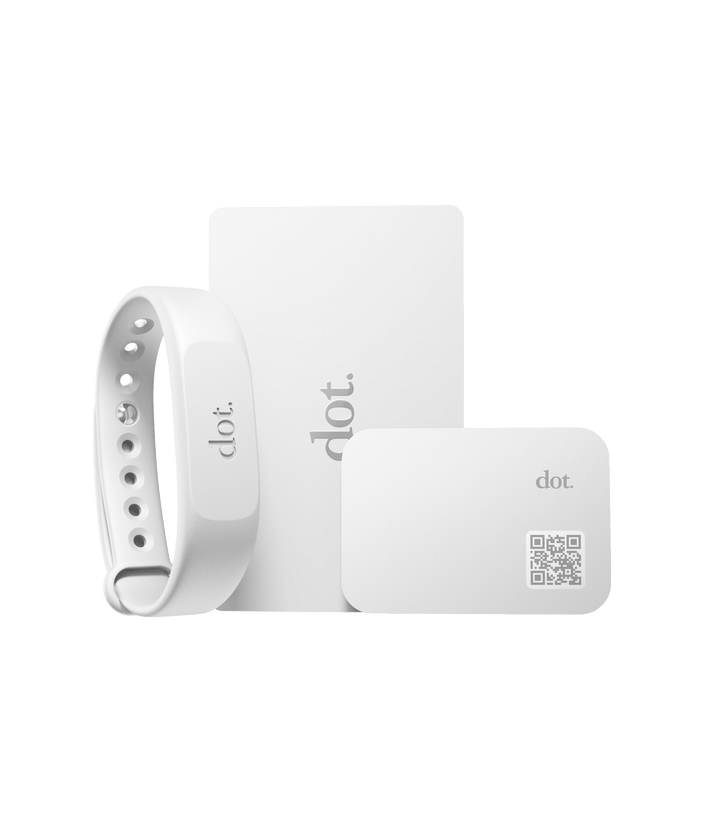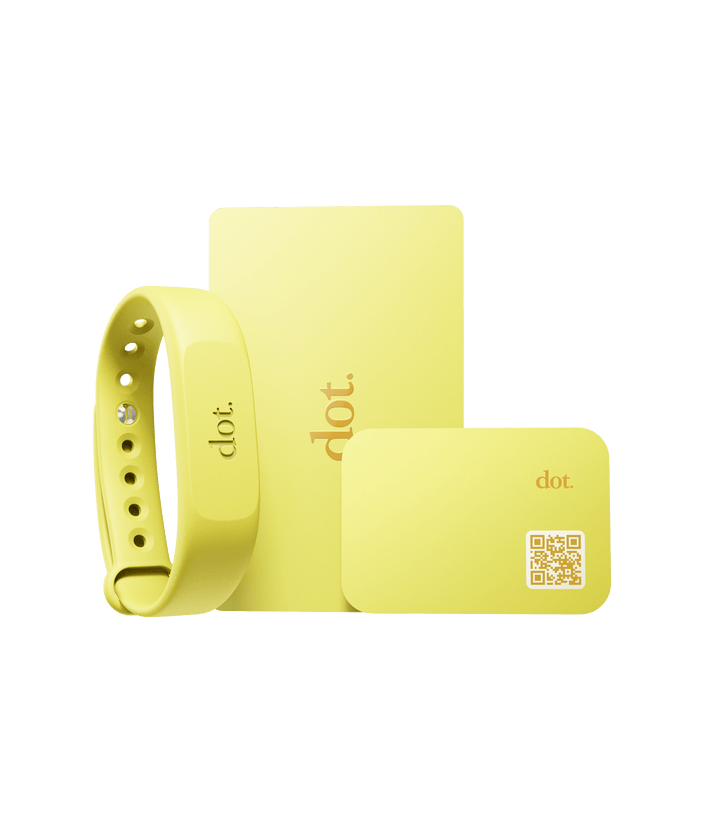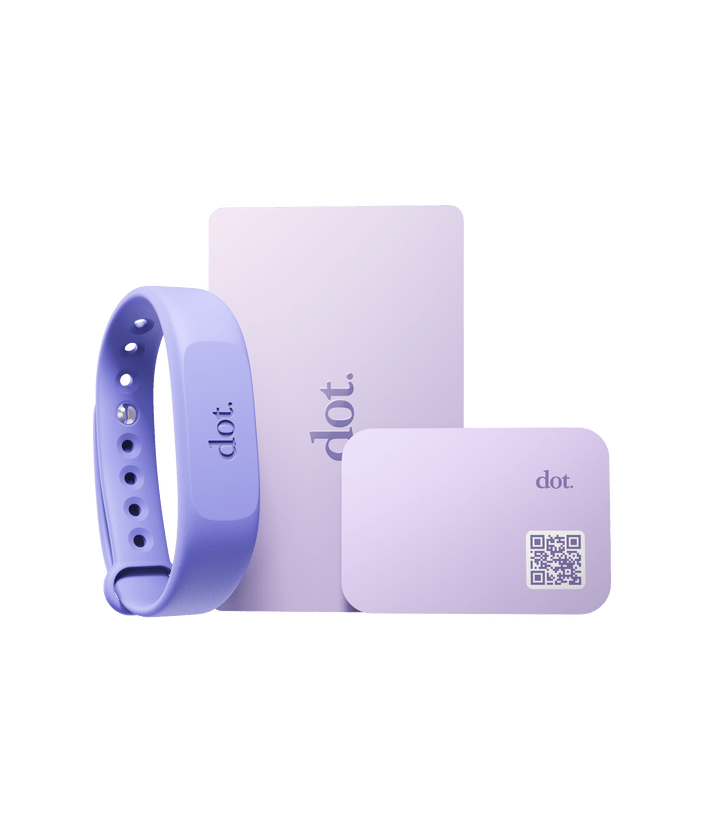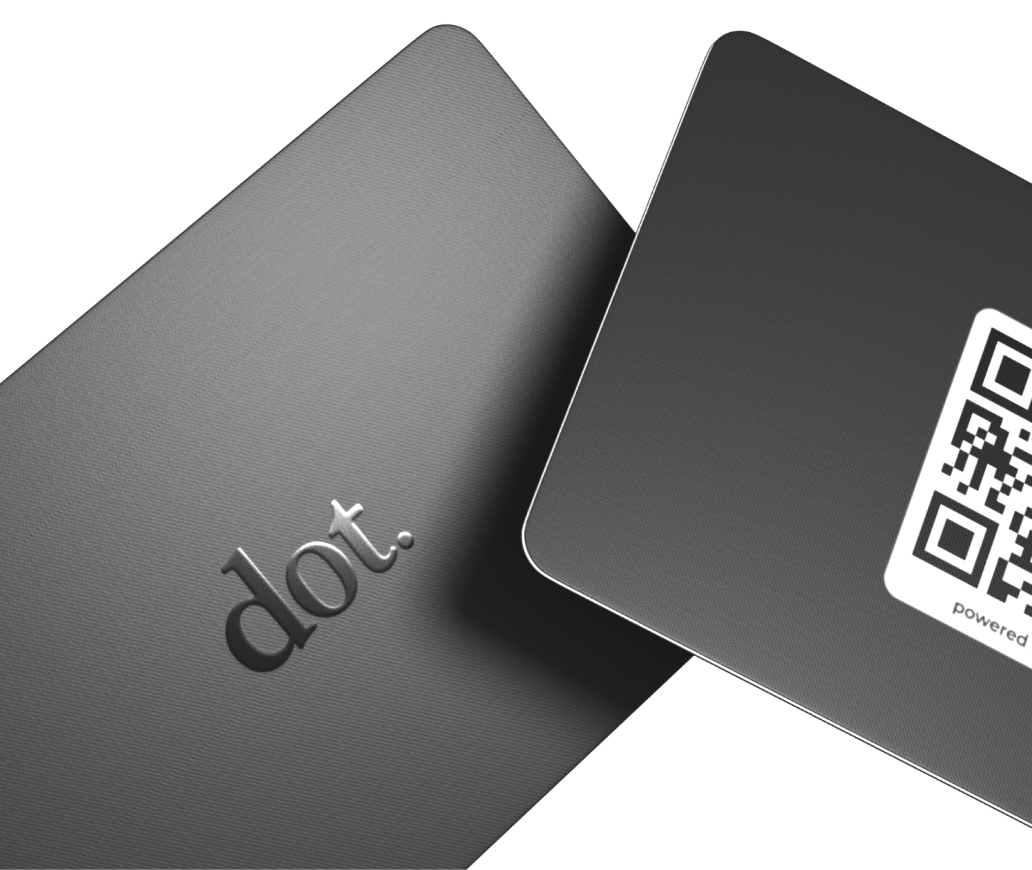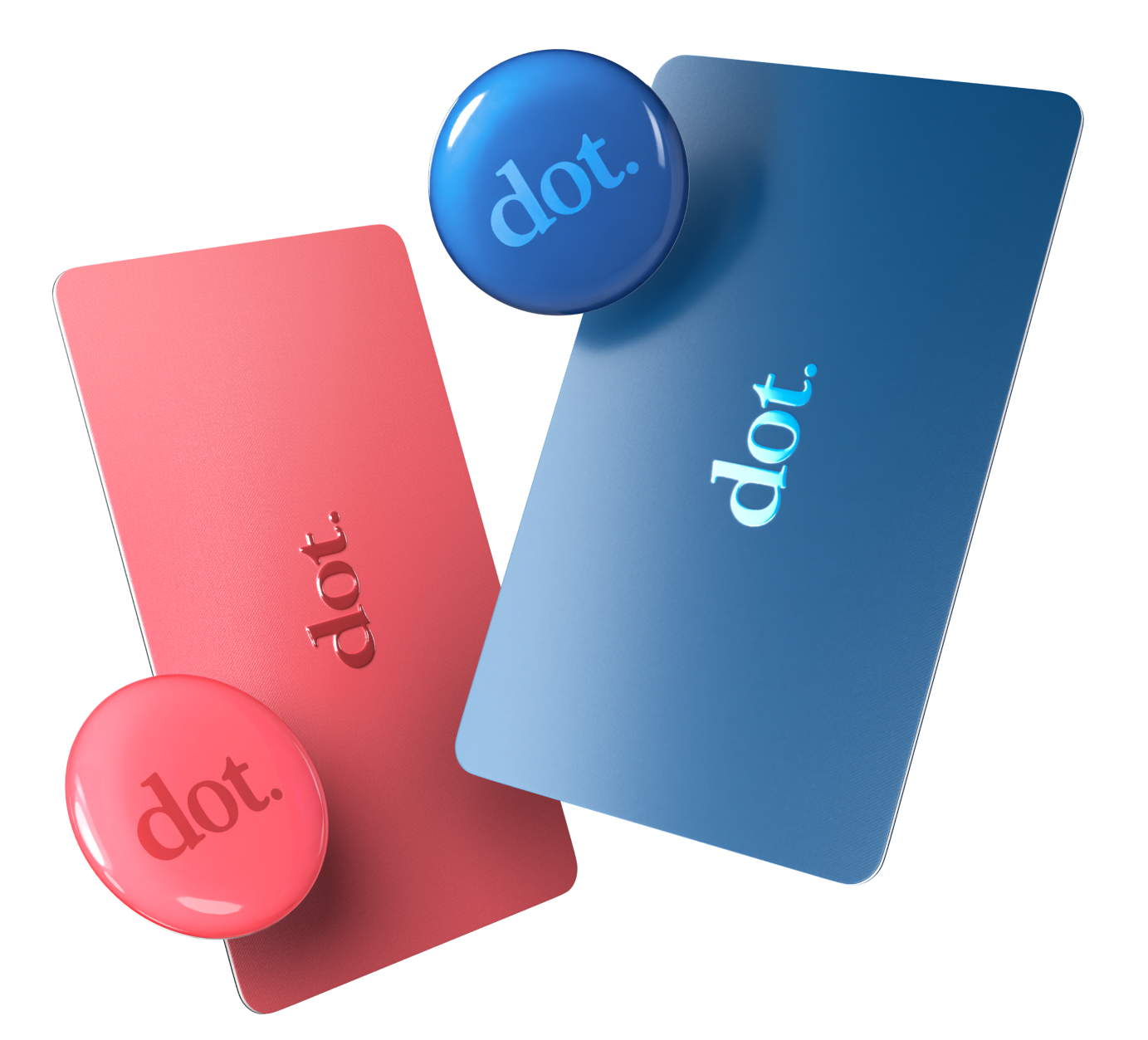With the job market becoming increasingly competitive, job seekers must have more than just technical skills and academic qualifications to land their dream job. Employers are looking for well-rounded individuals who possess strong soft skills that can contribute to the success of their organization. For those unaware, soft skills are personal attributes that help individuals effectively communicate, work collaboratively, and solve problems in ways that are approachable and relatable.
If you are curious as to what soft skills employers really value, then look no further, as we will delve into the critical role of soft skills in securing employment and explore practical ways job seekers can develop these valuable skills throughout this article.
1. Effective Communication
Effective communication is one of the most critical soft skills employers seek in potential employees. Strong communication skills enable individuals to express their thoughts and ideas clearly and listen actively to others. In the workplace, effective communication can help build relationships, increase productivity, and minimize misunderstandings that can lead to costly mistakes. Job seekers can demonstrate their communication skills during the job interview by being concise, using relevant examples, and asking thoughtful questions.
2. Collaboration
The ability to work collaboratively with others is another crucial soft skill employers look for in potential employees. Strong teamwork and collaboration skills enable individuals to contribute effectively to group efforts and build a positive work environment. Job seekers can demonstrate their teamwork and collaboration skills during the interview by providing examples of how they have worked with others to achieve common goals. They can also volunteer to participate in group activities, such as volunteering their services or even participating in team sports for example, to develop these skills further.
3. Critical Thinking
Employers value individuals who can think critically and solve problems independently. Critical thinking skills enable individuals to analyze information, identify potential solutions, and make sound decisions based on data. Problem-solving skills enable individuals to tackle complex issues and find effective solutions that benefit the organization. Job seekers can demonstrate their critical thinking and problem-solving skills by providing examples of how they have handled challenging situations in the past. They can also enroll in courses that teach analytical thinking and problem-solving techniques.
4. Adaptability
In today's rapidly changing job market, adaptability and flexibility are essential soft skills that job seekers must possess. Individuals who can adapt quickly to new situations and environments are better equipped to handle changing job requirements and unexpected challenges. Flexibility enables individuals to adjust their work schedules and priorities as needed to meet the demands of the job. Job seekers can demonstrate their adaptability and flexibility skills by sharing examples of how they have adapted to new situations, learned new skills, or taken on new responsibilities in their previous jobs.
5. Time Management
Effective time management and organization skills enable individuals to prioritize tasks, meet deadlines, and manage their workload efficiently. Employers value individuals who can manage their time effectively and complete tasks on time. Job seekers can demonstrate their time management and organizational skills by sharing examples of how they have managed multiple projects, prioritized their work, and met tight deadlines. They can also take courses on time management techniques and use tools such as calendars and productivity apps to help them manage their time better.
It’s clear that the importance of possessing strong soft skills is critical to securing employment in today's job market. Employers are in search of those individuals who possess not only technical skills and academic qualifications but also soft skills that enable them to communicate effectively, work collaboratively, solve problems, adapt quickly, and manage their time efficiently. Job seekers who can demonstrate these skills during the interview and provide relevant examples from their previous jobs or experiences will have a competitive edge in the job market. Developing these skills through continuous learning, volunteering, and practicing in everyday life will not only help job seekers land their dream job but also excel in their careers.


